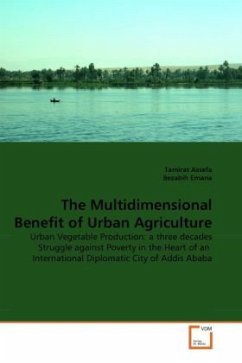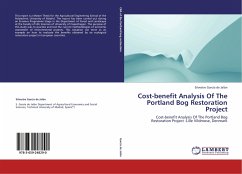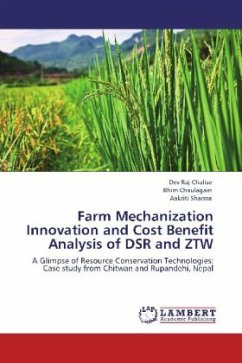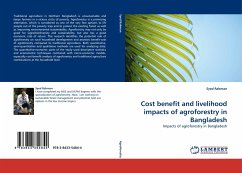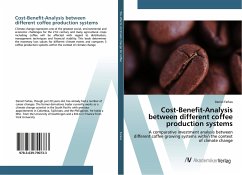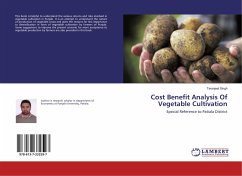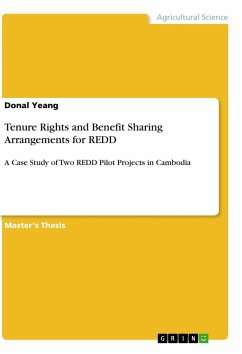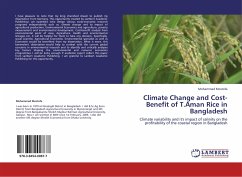In a poor country where agriculture is not only the livelihood of most population, sticking to the traditional methods of production, harvesting and marketing will not only hold the producers under the yoke of destitute living conditions but also results in inefficient utilization of scarce resources. Urban vegetable production has been practiced in Addis Ababa for almost three decades by vegetable producers' cooperatives along river banks. Moreover, the vegetable producers of Addis Ababa are still using hoe for seed bed preparation, spade and hoe to divert river water to their farm land through furrow, sand filled sacks to build diversion site along major rivers in Addis and sickles to trim their vegetables. This book, therefore, analyzed the major constraints that the producers are facing in producing and marketing vegetables in Addis Ababa from institutional and organizational perspectives. The analysis could give strong insight to those who have vested interest in urban agriculture, urban land use planners, environmental activists, politicians, researchers, actors of urban sustainable development and urban farmers.
Bitte wählen Sie Ihr Anliegen aus.
Rechnungen
Retourenschein anfordern
Bestellstatus
Storno

